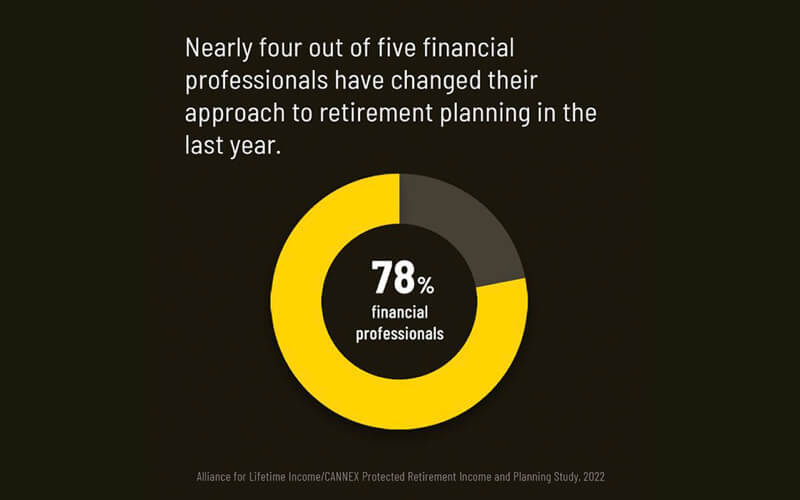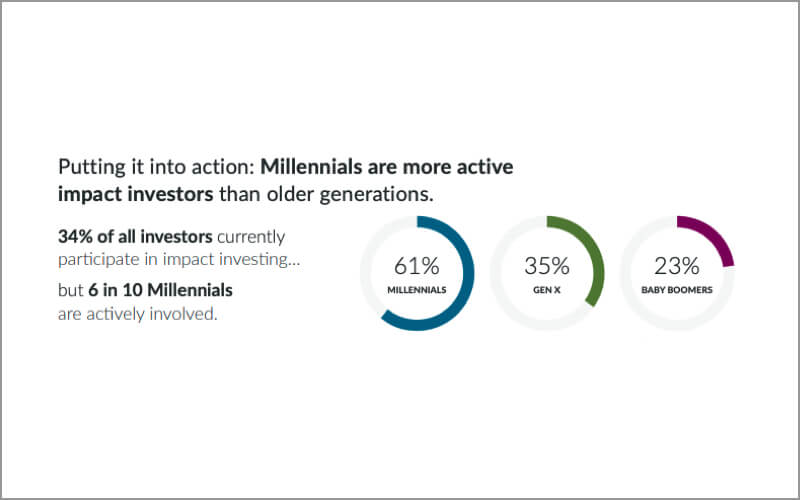Our clients at the Bipartisan Policy Center [BPC] just released a study we conducted with them on barriers to work. This report looks at a survey of non-working Americans and identifies a strong need for paid family and medical leave.
Key findings include the following:
- 72% of prime-age adults who are not in the labor force say that personal health or family caregiving are their main barriers to work.
- Prime-age adults who are not in the labor force say that paid family and medical leave is about as important as compensation when considering starting or returning to work.
- Of prime-age adults not in the labor force due to reasons related to caring for children, 39% say they likely would have continued to work in their last job if they had paid parental leave. Meanwhile, 45% say they would be more likely to start or return to work if a future employer offered paid parental leave.
Learn more on BPC’s site or by downloading the report [PDF]. Additional coverage by Axios is here.
Methodology: We talked to 2,165 non-working U.S. adults, ages 20–54, excluding full-time students ages 20–24. Importantly, about a quarter of these respondents were looking for work, while the rest were not.
For more of our experience with building research programs with a goal of influencing advocacy and legislation, see this case study.



